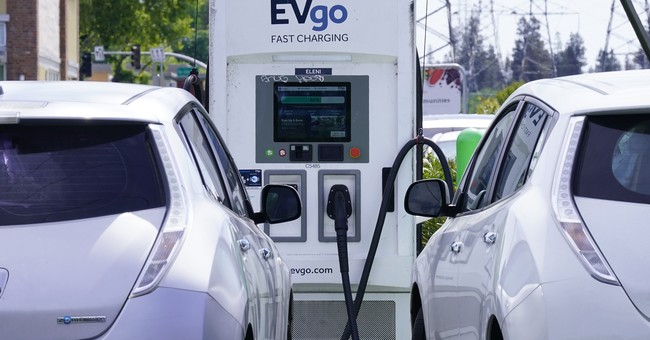ANOTHER “GREEN” CATASTROPHE
We briefly noted here the agricultural apocalypse occurring in Sri Lanka:
[W]here are the environmentalists in all this? They are doing their best to reduce agricultural output. In Sri Lanka, the government mandated organic farming, with the result that yields declined catastrophically, prices skyrocketed, and, no doubt, many died.
The London Times had a more detailed account last month, headlined: “How Sri Lanka’s shift to organic farming left it in the manure.”
What turned Sri Lanka’s economic situation from difficult to catastrophic was the decision by the Rajapaksa government to implement a nationwide ban on synthetic fertiliser. It was made not at the behest of neoliberal economists doing the bidding of global capital, but rather on the advice of environmentalists in the name of sustainable agriculture.
***
[T]hat strategy backfired in spectacular fashion. Domestic rice production fell by 14 per cent from 2021 to 2022, forcing the nation, long self-sufficient in rice production, to import hundreds of millions of dollars of rice and more than eroding all of the savings from ceasing fertiliser imports. On top of that, the ban decimated tea production, leading to a $425 million economic loss to the industry in its first six months of implementation. Tea, one of the nation’s primary crops, is a key source of its total export income, making a bad foreign exchange situation far worse.
***
Any competent agronomist could have predicted the result. And many did. Long-term use of synthetic fertilisers had helped Sri Lanka become not only food-secure but a major agricultural exporter. A survey of Sri Lanka’s farmers last July found that 75 per cent of them relied on synthetic fertilisers. For crops that are crucial sources of foreign currency and domestic food security — tea, rubber and rice — the dependence was even higher.
***
But the government ignored its own agricultural experts, instead convening representatives of the nation’s small organic sector to guide the nation’s agricultural policies. The result turned a bad situation into a disaster.
It is hard to overstate how destructive contemporary environmentalism has been around the world. Here in the U.S., we haven’t seen the kind of economic collapse experienced by countries like Sri Lanka, but it isn’t because the greenies haven’t been trying.
https://www.facebook.com/share.php?...source=facebook&utm_medium=sw&utm_campaign=sw




